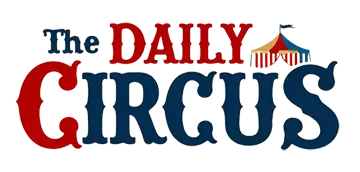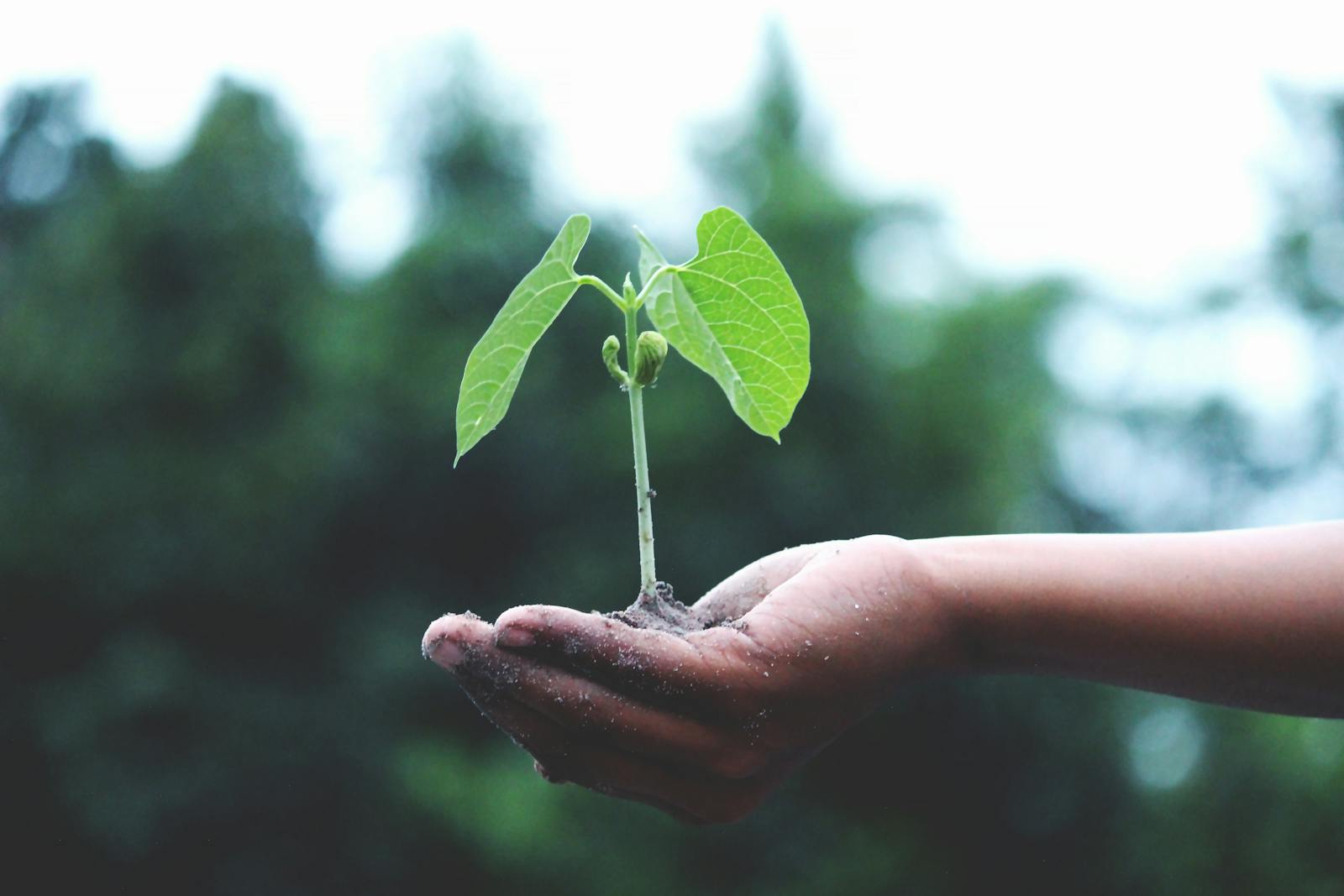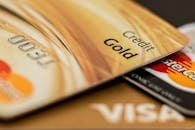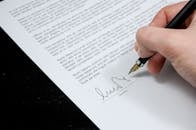In what experts are calling the marketing breakthrough of the century, the secret to skyrocketing profits has finally been revealed: slap the word “sustainable” on any product and watch your sales numbers soar.
“This is a game-changer,” said legendary brand consultant and self-proclaimed ‘Sustainability Guru,’ Clive Whippleton, who has spent decades mastering the art of corporate buzzwords. “I once sold a dirt-flavored energy drink by simply labeling it ‘sustainably sourced from the world’s finest dust bowls.’ Sales went up 3,000 percent. People just love the word ‘sustainable.'”
The breakthrough strategy is as simple as it is brilliant: take any old product, no matter how irrelevant or absurd, and attach the term “sustainable” to it. It’s the corporate equivalent of sprinkling magic pixie dust. When asked for specifics about how sustainability is achieved, most brands simply point to a vague commitment to ‘innovative practices,’ which can mean absolutely anything.
Take the example of “Eco-Friendly Toothpaste for the Soul,” a product recently launched by a company called EcoVibe, which claims to be ‘carbon neutral in spirit.’ The toothpaste itself contains no toothpaste whatsoever. Instead, it’s just a biodegradable tube filled with a very convincing sense of existential fulfillment.
“I mean, it’s literally just air,” said EcoVibe’s CEO, Derek “The Dream” Limbs. “But if you slap ‘sustainable’ on it, people think it’s some kind of magic. We’ve sold out in six days. We’re now working on a new product: ‘Regenerative Chocolate,’ which is just a 3D-printed picture of a chocolate bar on a piece of paper.”
Another brand, TrashTech, took a more aggressive approach. They launched an app called TrashMaster 3000, which offers nothing but a virtual trashcan and a single button that says, “Take Out the Trash.” The app is completely useless, but according to marketing reports, it’s being hailed as a “bold step forward in reducing digital clutter,” and has already reached 10 million downloads. They even made T-shirts. Naturally, they’re sustainable, of course.

Brand strategist Tanya McTosh
Brand strategist Tanya McTosh isn’t surprised. “Sustainability is the new black. Slap it on a brick, and suddenly it’s ‘a symbol of eco-conscious urbanism.’ People will buy it. They don’t ask questions. They just nod, smile, and throw their money at you. It’s a psychological phenomenon known as ‘greenwashing.’”
But it’s not all easy streets.
Experts warn that overuse of the term ‘sustainable’ can lead to consumer confusion. “We tried to launch a line of biodegradable plastic bags,” confessed Greg Tuxley, head of marketing at Biogreen Co. “But apparently, when your product is made entirely of plastic, calling it ‘sustainable’ doesn’t quite do the trick. Who knew?”
Despite this minor setback, the future is undeniably bright for any brand with a vague sustainability strategy. “It’s a win-win,” says Whippleton. “The environment gets whatever benefits ‘sustainable’ actually implies, and the company gets filthy rich. It’s capitalism at its finest.”
So, if you’re looking to jump into the world of “green” marketing, now’s the time. Find a product, any product, and just make sure to label it “sustainable.” It’s the 21st-century business model that can’t lose. Except, of course, if you don’t actually have any idea what sustainability even means. But don’t worry — neither do your customers.
Profit awaits!











